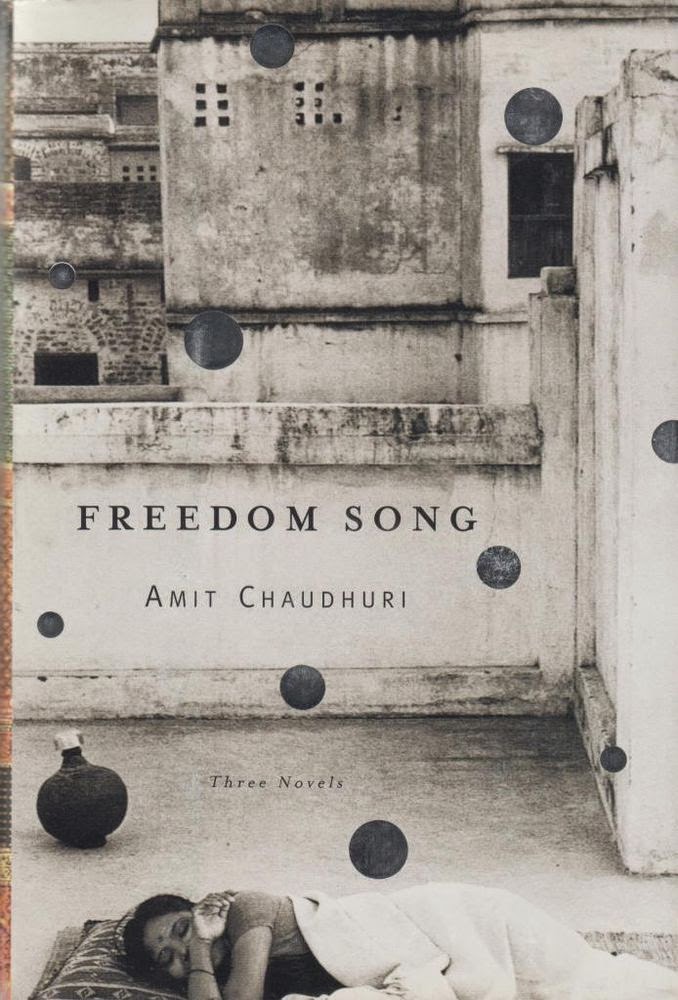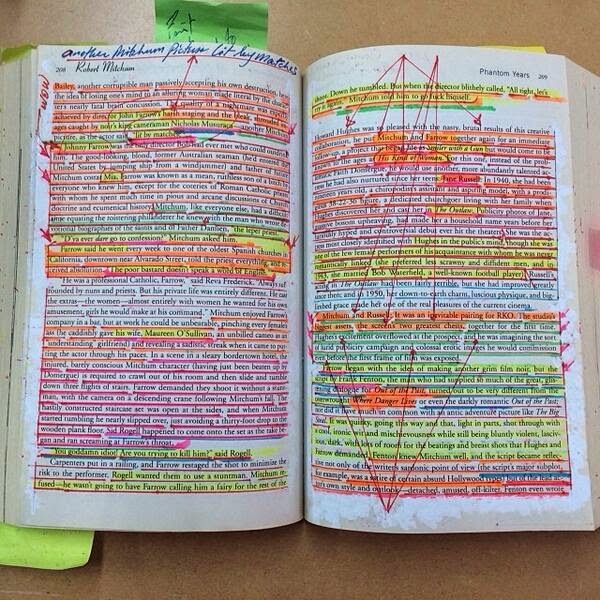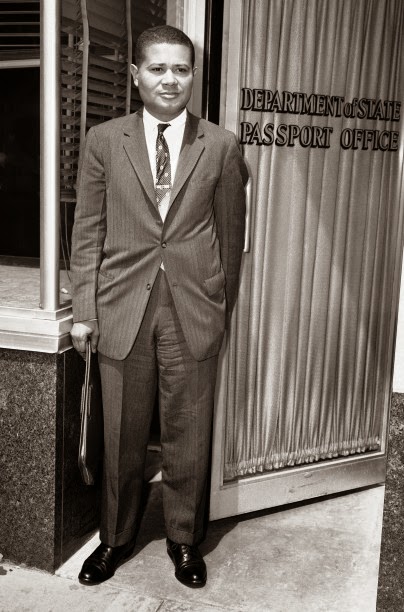For The Years

Hogarth Press first edition, cover by Vanessa Bell Published in 1937, The Years was the last of her novels that Virginia Woolf lived to see released. Coming more than five years after the release of the poetic and, to many people, opaquely experimental The Waves , The Years seemed like the work of a totally different writer — it looked like a family novel, something along the lines of Galsworthy's Forsyte Saga , the sort of book a younger Woolf had scorned. The Years became a bestseller in both the UK and the US, and garnered some good reviews — in the New York Times , Peter Monro Jack declared it "Virginia Woolf's Richest Novel". Its fame quickly faded, however. After Woolf's death, her husband Leonard claimed he didn't think it was among her best work, though he'd been afraid, he said, to tell her that, given how long she had worked on it and how hard that work had been for her. As Woolf's reputation increased in the 1970s and 1980s, part...








